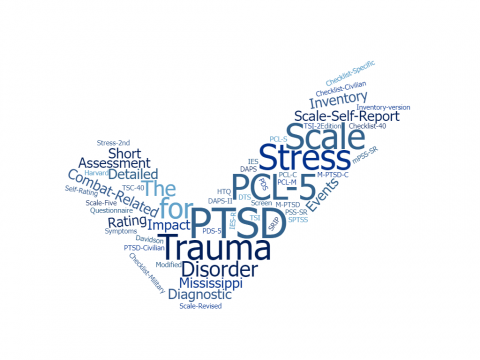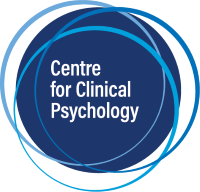
Choosing a good outcome measure
Do you ever remember being a child and being taken to an ice-cream shop with 66 flavours? Inevitably with so much choice you just walk out with the one you know, vanilla or chocolate. Monitoring your clients progress during trauma therapy is a great way to ensure good overall outcomes.










